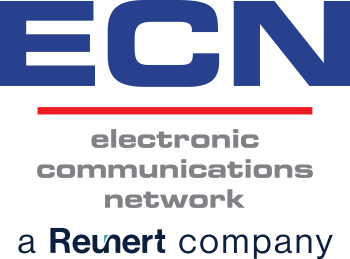Studies show that cellular interconnection costs closer to 25c than the current 89c/77c per minute.
Peak Mobile Termination Rates (MTR) – aka interconnect rates – were dropped from the previous R1.25 per minute to 89c per minute in March after an agreement was reached between the cellular operators and ICASA.
This interconnect rate cut resulted in immediate fixed to mobile call price reductions by Neotel and Telkom, and while it is debatable whether the mobile providers will follow suit it is definitely a way to make the local telecoms environment more competitive.
While the decision by cellphone operators Cell C, MTN and Vodacom to lower their interconnection rates in the coming weeks has been widely welcomed, the size of the proposed cut has drawn sharp criticism.
According to Alison Gillwald, Director of Research ICT Africa, evidence from a benchmarking study conducted last year for the Namibian regulator to determine their cellular interconnection rates shows that the cost-based interconnect costs of efficient operators are probably lower than 25 cents per minute.
“This is far cry from the 89c peak rate operators have proposed this month to the Independent Communications Authority of South Africa (ICASA),” said Gillwald. “While in South Africa by law the regulator is required to conduct complex and lengthy studies before it can set the interconnection rate, in Namibia the regulator was able to move swiftly on the basis of benchmarking studies to reduce the interconnection rate between its operators by nearly 50%.”
ECN CEO John Holdsworth previously said that the law requires that interconnection pricing be cost based and that consumers should not accept interconnection rates of anything above 30 cents. “Any interconnection rate that is above 30 cents allows continued rank profiteering at the expense of the consumer,” said Holdsworth.
Gillwald said that while it was understood that operators needed time to adjust their business models to cost-based interconnection, the cuts proposed were way off the globally benchmarked price of an efficient operator.
“The reductions proposed by the networks are not nearly cost-based prices and threaten to continue to inhibit competition in the market and constrain the reduction of end user prices in South Africa, which are high by global standards,” she said.
ICASA Chairman Paris Mashile recently said that ICASA will come up with its own pricing which is cost based, and promised draft regulations ‘to ensure a more competitive market and better pricing’ in March.
Speculation suggests that ICASA will look at interconnect pricing of between 40c and 60c per minute, but Mashile said that he would not like to pre-empt the results of their investigation by speculating on a final suggested rate.
How much do you think it should be?
